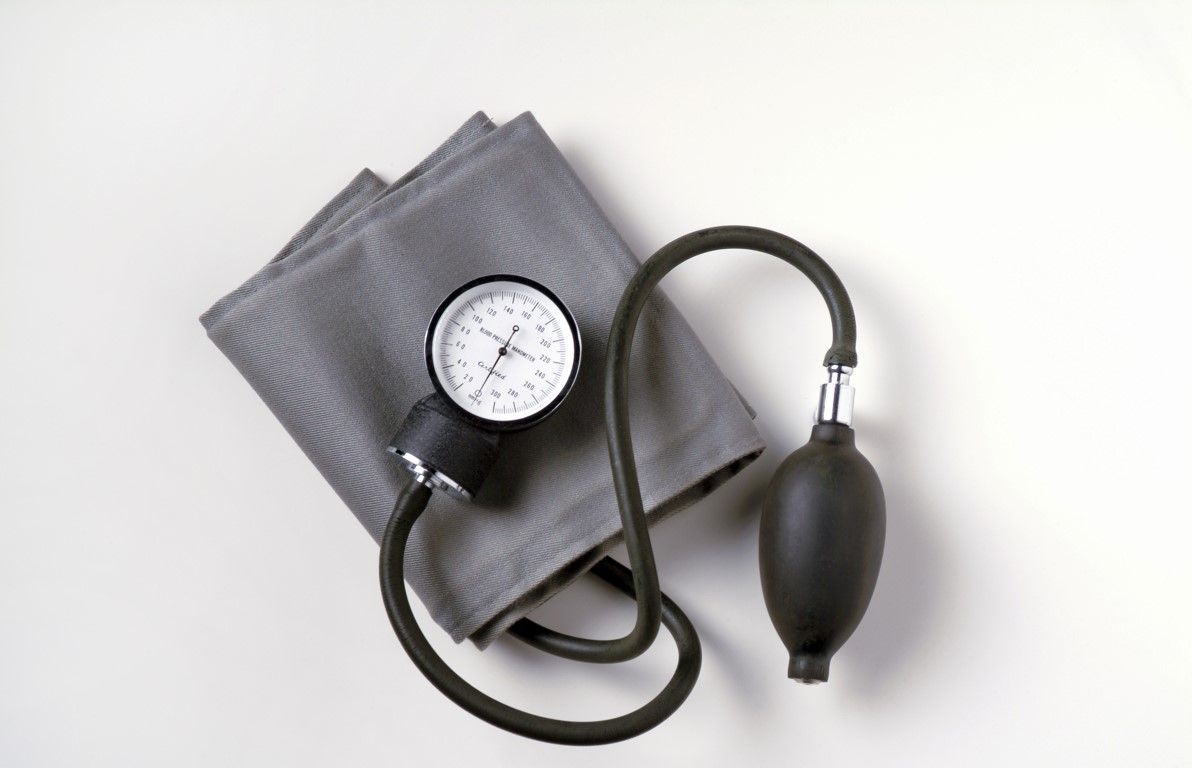- Clinical Technology
- Adult Immunization
- Hepatology
- Pediatric Immunization
- Screening
- Psychiatry
- Allergy
- Women's Health
- Cardiology
- Pediatrics
- Dermatology
- Endocrinology
- Pain Management
- Gastroenterology
- Infectious Disease
- Obesity Medicine
- Rheumatology
- Nephrology
- Neurology
- Pulmonology
Early Months of COVID-19 Associated with Worsening BP Outcomes in Adults with Hypertension, New Study Finds

The first several months of the COVID-19 pandemic were associated with worsening blood pressure (BP) control among adults with hypertension (HTN), according to a new analysis conducted at 3 large US health systems.
Findings published in Hypertension showed that during the first 8 months of the COVID-19 pandemic, adults with HTN measured their BP less frequently, and when they did, their readings were less healthy. The results underscore the importance of ensuring ongoing access to health care with telemedicine and home BP monitoring during large-scale emergencies.
“We had a unique opportunity to examine the pandemic’s impact on hypertension management among a large, diverse group of people from three major cities,” said lead author Hiroshi Gotanda, MD, PhD, assistant professor of medicine, Cedars-Sinai Medical Center, Los Angeles, California, in a press release. “Our analysis revealed similar patterns among participants from three different regions and a variety of racial, ethnic and socioeconomic backgrounds.”
Gotanda and colleagues examined the electronic health records of 137 593 adults with HTN and compared BP outcomes before the pandemic (August 2018-January 2020) with those during the peak of the pandemic (April 2020- January 2021). The data came from Cedars-Sinai; Columbia University Irving Medical Center in New York City; and Ochsner Health in New Orleans. The average age of the study cohort was 66 years, and 57% were women and 30% were Black.
In the pooled data, the frequency of documented BP readings sharply declined in the early stages of the pandemic, then gradually rebounded later in the pandemic but never returned to the prepandemic baseline. This was partly due to cancellations or postponements of face-to-face office visits, according to researchers.
During the pandemic, systolic and diastolic BP increased by 1.79 mm Hg (95% CI, 1.57–2.01; P<.001) and 1.30 mm Hg (95% CI, 1.18–1.42; P<.001), respectively, compared with the prepandemic period, after the team adjusted for participant characteristics and normal seasonal fluctuations. Also, the proportion of patients with controlled BP decreased by 3.43 percentage points (95% CI, −3.97 to −2.90; P<.001).
“A small increase like that at a population level can have a significant effect, sometimes leading to an increase in heart attacks and stroke,” added Gotanda in the release.
This study extended similar findings from previous research by studying data from a diverse group of participants and analyzing detailed clinical information to control for underlying issues that might impact study results, such as other chronic health conditions that could affect BP outcomes.
“It is critical to increase access to healthcare, potentially through telemedicine and home blood pressure monitoring, to mitigate disruptions in care during future large-scale emergencies,” added senior author Teryl Nuckols, MD, MSHS, director, Division of General Internal Medicine, Cedars-Sinai, in the press statement. “We want to avoid compounding the effects of widespread disasters by creating additional public health crises.”
Reference: Gotanda H, Nuckols TK, Moran AE, et al. Changes in blood pressure outcomes among hypertensive individuals during the COVID-19 pandemic: A time series analysis in three US healthcare organizations. Hypertension. Published online November 1, 2022. doi:10.1161/HYPERTENSIONAHA.122.19861
